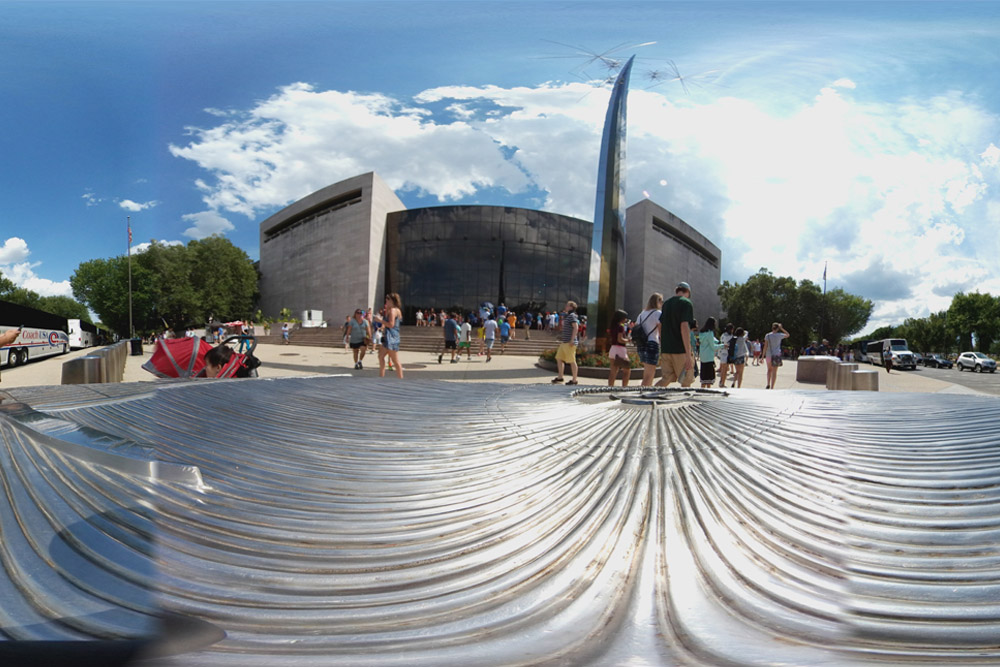Van Kirk, Theodore Jerome "Dutch"
- Date of birth:
- February 27th, 1921 (Northumberland/Pennsylvania, United States)
- Date of death:
- July 28th, 2014 (Stone Mountain/Georgia, United States)
- Nationality:
- American
Biography
Theodore Van Kirk was navigator on board the Enola Gay when the plane dropped the first atomic bomb over Hiroshima.
Promotions:
?: Aviation Cadet;
?: Major.
Career:
October 1941 - April 1st, 1942: Army Air Force Aviation Cadet Program;
?: 97th Bomb Group;
June 1943: Instructor Navigator;
1944: 509th Composite Group;
August 1946: Honorable Discharge;
1949 - 1950: Bucknell University.
Do you have more information about this person? Inform us!
- Period:
- Second World War (1939-1945)
- Awarded on:
- April 1st, 1942
- Period:
- Second World War (1939-1945)
- Rank:
- Captain
- Unit:
- 393rd Bombardment Squadron, 509th Composite Group, U.S. Army Air Forces
- Awarded on:
- September 22nd, 1945
Headquarters, 20th Air Force, General Orders No. 69
- Period:
- Second World War (1939-1945)
- Period:
- Second World War (1939-1945)
- Period:
- Second World War (1939-1945)
- Period:
- Second World War (1939-1945)
- Period:
- Second World War (1939-1945)
- Period:
- Second World War (1939-1945)
- Period:
- Second World War (1939-1945)
- Period:
- Second World War (1939-1945)
- Period:
- Second World War (1939-1945)
- Period:
- Second World War (1939-1945)
- Period:
- Second World War (1939-1945)
- Period:
- Second World War (1939-1945)
- Period:
- Second World War (1939-1945)
- Period:
- Second World War (1939-1945)
- Period:
- Second World War (1939-1945)
- Period:
- Second World War (1939-1945)








